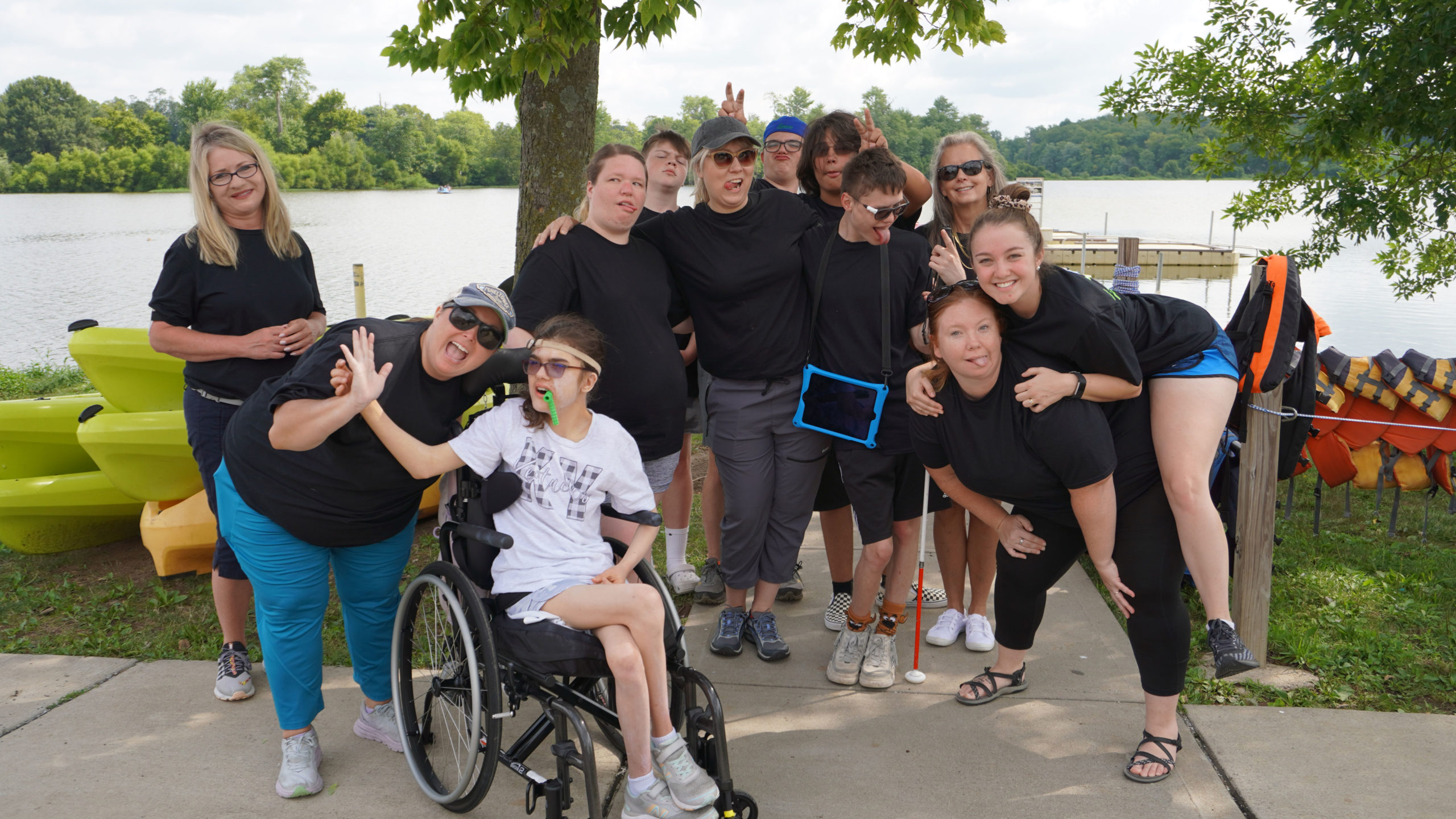Tag: DeafBlind
-

Kentucky DeafBlind Project Connects Youth from Across the State for a Week of Hands-On Education and Fun
For each of the past seven summers, DeafBlind young adults across Kentucky have come together for Expanded Core Curriculum (ECC) Week, a five-day recreational learning experience hosted by the Kentucky […]